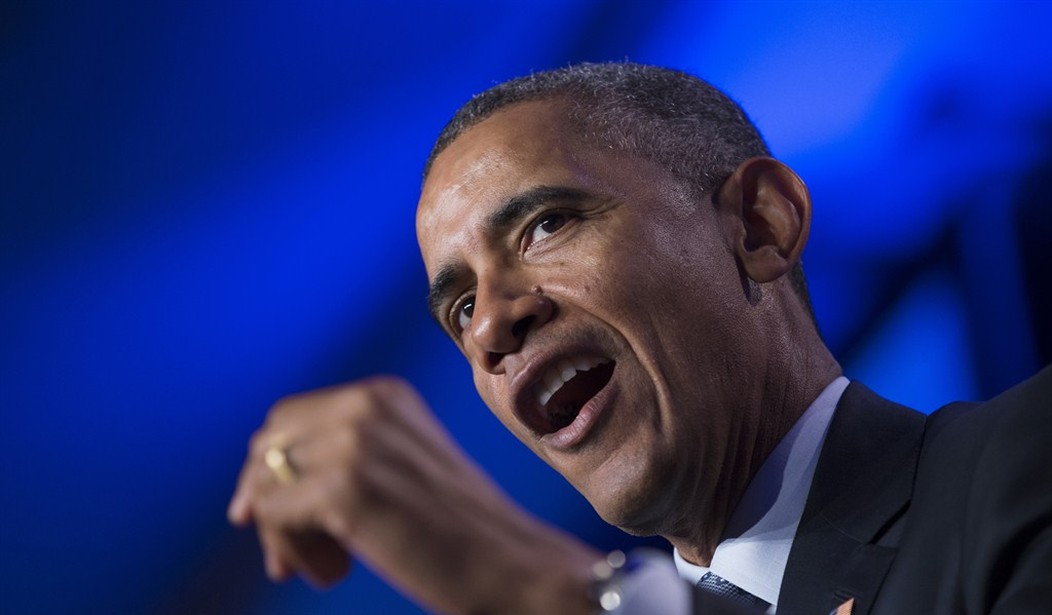Mr. President,
Your recent summit to “Counter Violent Extremism” was flawed from the start—beginning with its name. Extremism is indeed a threat (especially a threat to Christians), but that is not what we face when confronting ISIS. On that issue, I’m afraid you’re confused.
First let’s look at the definition of extremists: namely, people who advocate or resort to measures beyond norms to enforce their views.
To look at textbook examples of extremism, one doesn’t need to look abroad. Let’s enumerate some acts of extremism inflicted by the US government:
Removing the Bible by force from schools after it had been studied in classrooms for hundreds of years.
Likewise, driving prayer out of schools after it had been practiced for a similar time period.
Dragging parents and students to court for either praying or studying the Bible in school.
Destroying small businesses and persecuting their proprietors, whether a baker or photographer, for simply abiding by their religious beliefs. Losing government or corporate jobs for simply expressing one’s biblical belief.
Threatening or removing military chaplains if they dare to exercise their faithful duty and call on the name of their Lord in public (again something that was practiced for hundreds of years).
Demanding that people participate in training, corporate and otherwise, that they find ungodly, and punishing them if they refuse to do so.
That’s to say nothing about the humiliation inflicted on patriotic people of deep faith when a national leader describes them as bitterly clinging to their “guns or religion.”
Recommended
Need I go further, Mr. President?
Those are classic cases of extremism. On the contrary, however, the activities perpetuated by ISIS are, in fact, not extremism (as being described by the US administration). ISIS is simply following the tenants of their religion.
Most reform-minded Muslims actually feel insulted when ISIS is not described as they truly are: Islamic fundamentalists. When ISIS uses the sword, they are following the fundamentals of their faith.
I wish everyone would read the Qur’an. Then they would know that reform-minded Muslims, like President el-Sisi of Egypt, speak the truth when they state that such commands to violence are in the Qur’an. They refuse to deny that their religion has a problem with the sword and bloodshed. Admitting the truth is the first step to recovery, and as el-Sisi has done, he challenges the imams to seek new interpretations of the Qur’an that are appropriate for modern times.
As a Christian, I love the Muslim people. I am commanded to love and not to hate, and I only hate the evil that is committed.
Let me repeat, as a Christian, I love the Muslim people, and I long for both Muslim fundamentalists and moderates to come to the one true God—the Messiah who died on the cross to save all sinners who turn to Him.
Thousands of Muslims are coming to know Christ as the Savior of the world and as their personal Savior. My ardent desire is that Muslims of all stripes would follow in the footsteps of those courageous new believers. To know God is the desperate need of every heart, even of those who do not recognize it or verbalize it.
But I also fully support those Muslims who want to change the interpretation of their religion, to bring it to the twenty first century.
Mr. President, for the sake of everything that is holy, and for the sake of Muslims who stand against the violence of their religion, let us not confuse fundamentalism for extremism.

























Join the conversation as a VIP Member